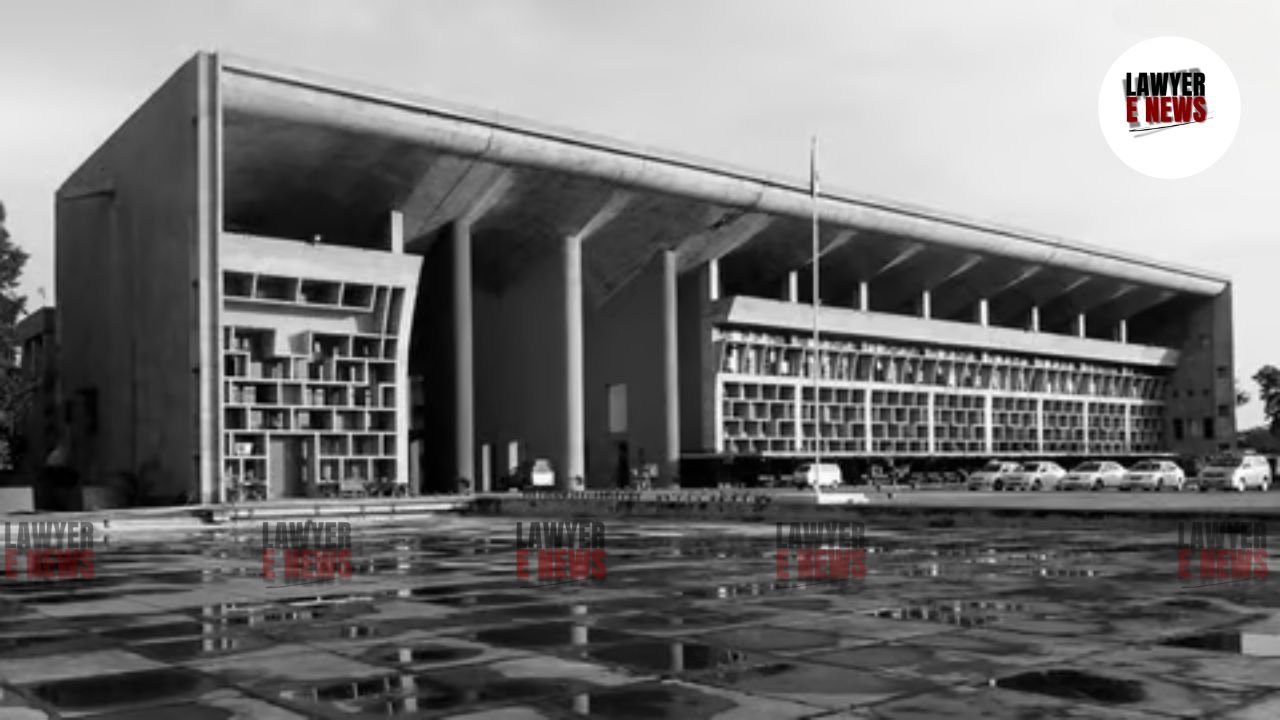-
by sayum
14 February 2026 2:22 PM



The High Court of Punjab and Haryana, in a recent judgment, granted anticipatory bail to Amarjit Singh, an inmate of District Jail, Mansa, accused of facilitating illegal financial transactions and unauthorized media interviews while in custody. Justice Anoop Chitkara, delivering the judgment, emphasized the importance of balancing the accused's right to personal liberty with the need for a fair trial, ultimately deciding in favor of bail under strict conditions.
Amarjit Singh was implicated in an FIR registered on September 29, 2023, under multiple sections of the Indian Penal Code (IPC), including Section 409 (Criminal breach of trust by a public servant), the Prisons Act, the Prevention of Corruption Act, the Information Technology Act, and the Narcotic Drugs and Psychotropic Substances Act. The charges stemmed from allegations that Singh, along with other jail officials and inmates, facilitated the transfer of money from prisoners' relatives through digital payment platforms and enabled a convict to give an unauthorized interview to the media.
The court acknowledged the petitioner's criminal history, which includes a prior case under Section 302 of the IPC. However, it noted that the petitioner was not arrested in connection with the earlier FIR, suggesting that the investigation did not consider him a flight risk at that time. This observation played a crucial role in the court's decision to grant bail.
The judgment cited several precedents, including Maulana Mohd Amir Rashadi v. State of U.P. and Gurbaksh Singh Sibbia v. State of Punjab, underscoring that a criminal history alone does not justify the denial of bail. The court highlighted that the purpose of bail conditions is to ensure that the accused does not flee or tamper with evidence, rather than to serve as a preemptive punishment.
Justice Anoop Chitkara remarked, "The possibility of the accused influencing the investigation, tampering with evidence, intimidating witnesses, and the likelihood of fleeing justice, can be taken care of by imposing elaborative and stringent conditions."
The High Court's decision to grant bail to Amarjit Singh underlines the judiciary's commitment to upholding the principles of justice and fairness, even in cases involving serious allegations. By imposing rigorous conditions, the court aims to safeguard the integrity of the investigation while respecting the accused's right to liberty. This judgment is expected to influence future cases where the accused's criminal history is weighed against the evidence and circumstances of the current charges.
Date of Decision: 26.07.2024
